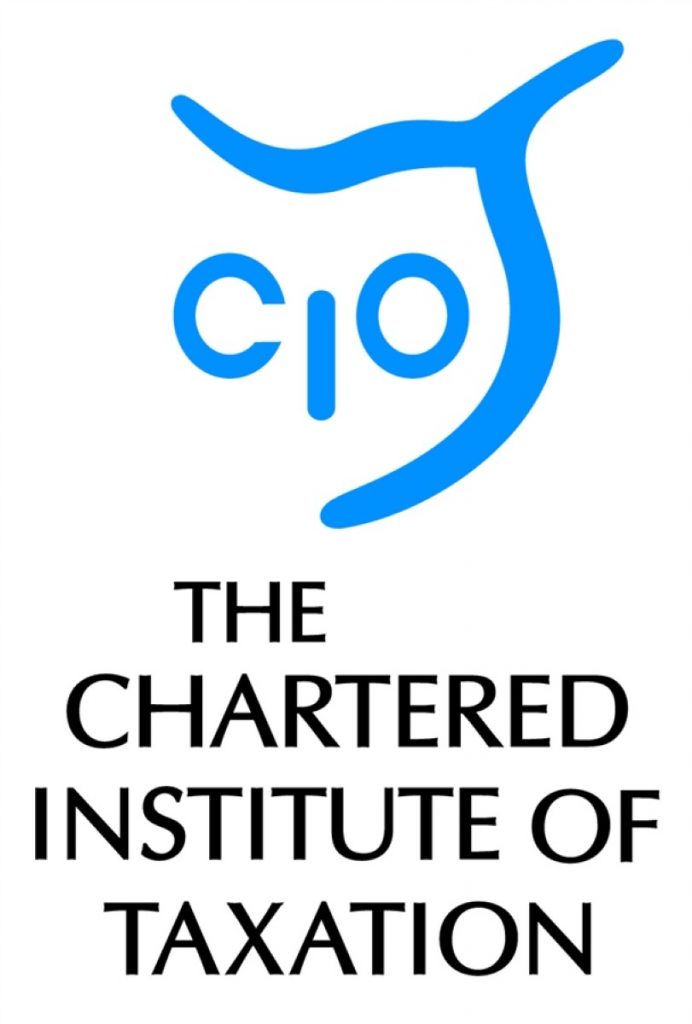Tax advisers tell Government: “Practice what you preach on small print”
The Chartered Institute of Taxation (CIOT) has urged the Government to apply the same principles of simplicity, clarity and brevity to the tax code as it is urging businesses to apply to their terms and conditions online.
The CIOT has spoken out as the Department for Business, Innovation and Skills (BIS) is seeking views from the public on how terms and conditions can be made simpler and more user-friendly for consumers and on proposals to introduce fines for unfair terms.
John Cullinane, CIOT Tax Policy Director, said:
“Millions of consumers will applaud the Government's condemnation of terms and conditions running into tens of thousands of words that we are all encouraged to sign off electronically without any realistic prospect of reading and understanding.
“Millions of taxpayers, who will soon be facing obligations to keep digitalised tax accounts online, will be looking to the Government to practice what it preaches and radically simplify the thousands of pages of tax legislation which make up the effective terms and conditions of these online accounts.
“Compliance with the law cannot be brought into the online future when the law itself is unreformed and beyond any single person's ability to comprehend.”
To encourage people to look at terms and conditions online, BIS suggests that key terms could be required to be succinct so that, for example, they fit onto two smartphone sized screens on a mobile internet site. There may be other practical measures BIS may adopt such as terms and conditions automatically opening before customers could move onto the confirmation of purchase screen or requiring the use of tagging so that certain key themes – data privacy, additional charges and renewal – could be found at the click of a button.
Another BIS suggestions is that it should be made easier for consumers to access any terms and conditions that they are being asked to accept without adding to the complexity of completing a purchase. And BIS thinks that firms should be consistent in their use of tick boxes and a tick should always mean, ‘yes I want this option to apply to me’.
Notes for editors
1. The BIS open consultation on ‘Improving terms and conditions’ closes on 25 April 2016. It can be viewed here: https://www.gov.uk/government/consultations/improving-terms-and-conditions
2. The Chartered Institute of Taxation (CIOT)
The CIOT is the leading professional body in the United Kingdom concerned solely with taxation. The CIOT is an educational charity, promoting education and study of the administration and practice of taxation. One of our key aims is to work for a better, more efficient, tax system for all affected by it – taxpayers, their advisers and the authorities. The CIOT’s work covers all aspects of taxation, including direct and indirect taxes and duties. Through our Low Incomes Tax Reform Group (LITRG), the CIOT has a particular focus on improving the tax system, including tax credits and benefits, for the unrepresented taxpayer.
The CIOT draws on our members’ experience in private practice, commerce and industry, government and academia to improve tax administration and propose and explain how tax policy objectives can most effectively be achieved. We also link to, and draw on, similar leading professional tax bodies in other countries. The CIOT’s comments and recommendations on tax issues are made in line with our charitable objectives: we are politically neutral in our work.
The CIOT’s 17,600 members have the practising title of ‘Chartered Tax Adviser’ and the designatory letters ‘CTA’, to represent the leading tax qualification.





-01.png)